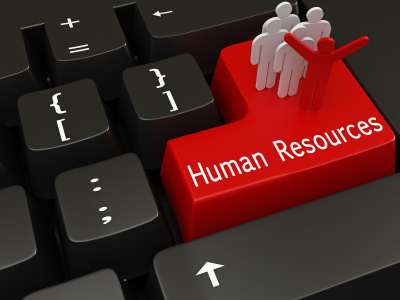by Michael Holland –
Leaders should know that Human Resources professionals are there to help them.
Though it might not look that way at all times, HR knows that the relative strength of their leaders corresponds directly to the number of people problems they will or won’t have.
One of the primary functions of HR is to build the talent capacity within the organization through the acquisition of talented new hires and the internal development of talented employees.
Unfortunately, HR is also responsible for cleaning up the messes that so many less-than-talented leaders create.
Most of your interactions with HR will revolve around employee-specific events: hiring, reviews, promotions, salary actions, or firings.
In some ways HR is like your auto mechanic. You usually visit the mechanic only when there’s a problem with your car. You’re not happy about the inconvenience and the need to juggle your schedule to deal with the situation.
When you get the call from the mechanic regarding his analysis of the situation, it’s usually bad/painful news which will cost you money, time and energy.
The mechanic will likely tell you that if you had been bringing your car in for oil changes and routine maintenance, then this problem would likely not have surfaced. Or, he could have caught the problem earlier and fixed it at a lower cost and/or impact to you.
So how can you better work with the HR staff on preventive maintenance of your staff?
- Ask for a meeting to discuss your current analysis of your team and your development plans for your employees.
- Every quarter, meet with HR regarding your views of the interactions of your team and its performance levels, as well as your ongoing performance discussions.
- Seek a meeting with the highest level HR person with whom you could meet. Ask for informal feedback from the HR leader on how they perceive your leadership capability in the organization.
- Ask HR to shadow several of your staff meetings and then debrief you regarding their observations.
- Send an email or voice mail to HR regarding something good that happened with an employee. The positive news will be much appreciated.
Take some time to walk in the shoes of the HR professional. The perspective might help you to strengthen your leadership wisdom and improve your relationship with HR.
Coaching Thoughts – For You and Your Peers
- When you think of your HR peers, what is the image that comes into your head? Think deeply on why you have that image, what’s the basis?
- What perception(s) of HR — or other business functions — do you perpetuate among your employees?
- How do you “feel” when thinking about having an HR professional shadow some of your staff meetings?






